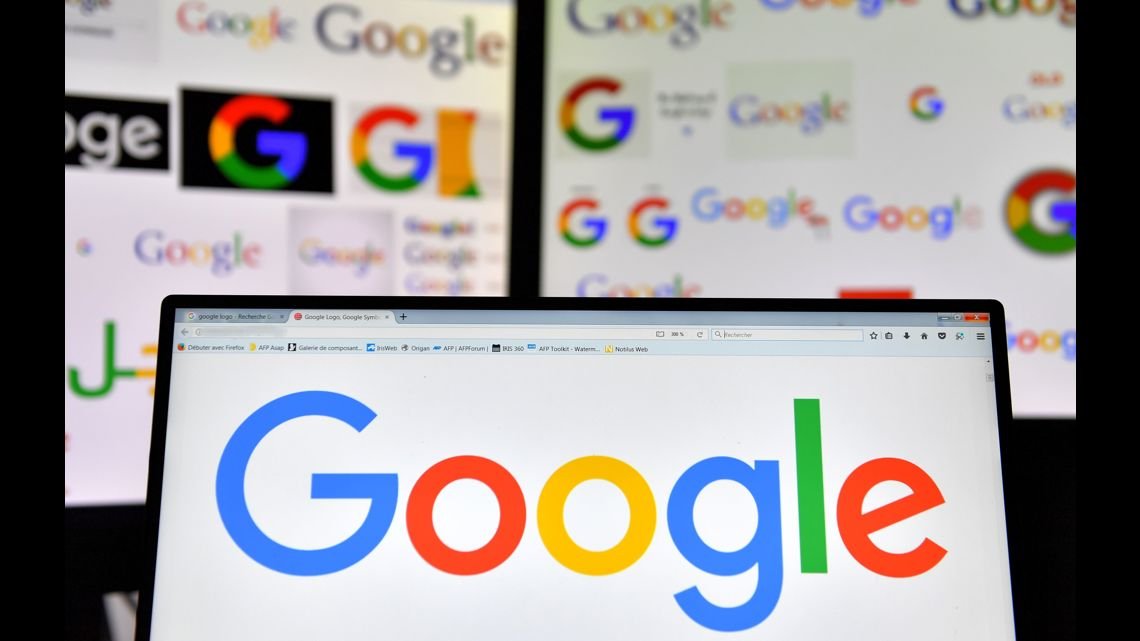Business
Judge Delivers Major Ruling in High-Stakes Google Search Antitrust Case

The highly anticipated decision comes nearly a year after the start of a trial pitting the U.S. Justice Department against Google.
WASHINGTON — A judge on Monday ruled that Google’s ubiquitous search engine has been illegally exploiting its dominance to squash competition and stifle innovation, a seismic decision that could shake up the internet and hobble one of the world’s best-known companies.
The decision, issued by U.S. District Judge Amit Mehta, follows nearly a year of courtroom battles in the country’s biggest antitrust showdown in a quarter century. It represents a significant setback for Google and its parent, Alphabet Inc.
After reviewing extensive evidence, including testimonies from top executives at Google, Microsoft, and Apple, Mehta delivered his decision three months after closing arguments were presented in early May.
The ruling challenges Google’s insistence that its search engine’s popularity stems from consumer preference. Currently, Google’s search engine processes around 8.5 billion queries daily worldwide, nearly doubling its volume from 12 years ago, as per a study by the investment firm BOND.
Google is expected to appeal the judgment, which may eventually reach the U.S. Supreme Court. This decision validates the efforts of antitrust regulators at the Justice Department. The case against Google was initiated nearly four years ago and has seen increased efforts to rein in Big Tech’s power during President Joe Biden’s administration.
The Justice Department argued that Google’s monopoly enabled it to charge artificially high advertising prices while neglecting improvements to its search engine. In contrast, Google maintained that consumers have historically switched search engines when dissatisfied, citing Yahoo’s decline as an example.
Mehta’s conclusion that Google has been operating an illegal monopoly sets the stage for determining appropriate changes or penalties to restore competition. Potential outcomes could range from dismantling parts of Google’s internet empire to prohibiting payments to ensure its search engine’s presence on devices like the iPhone.
This ruling could also benefit Microsoft, paralleling its own antitrust battle in the late 1990s over the dominance of its Windows operating system. A significant shakeup in Google’s operations could clear the path for Microsoft’s Bing search engine and affect the competition in artificial intelligence, where both companies are leading players.
Microsoft CEO Satya Nadella, a key witness for the Justice Department, highlighted Google’s restrictive deals with companies like Apple, which made it difficult for Bing to compete. Nadella emphasized the need for an antitrust intervention, especially as AI becomes more influential in search technology.
Google faces additional legal challenges. Another federal trial is set to begin in Virginia concerning the Justice Department’s allegations against Google’s advertising technology as an illegal monopoly.
















